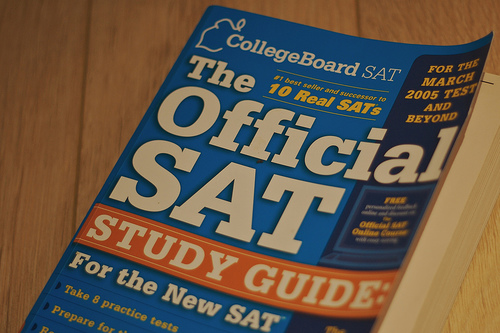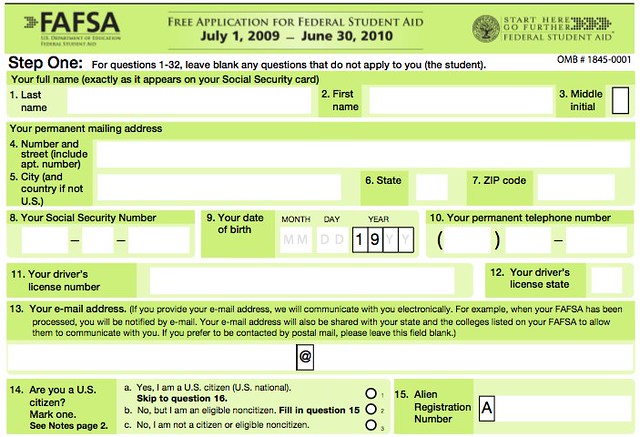The teenage years are when people tend to begin their experimentation with dieting. Most teens don’t show up to school with lunches packed by their parents, and generally have more discretion when it comes to choosing what to put into their bodies than they have before high school.
A variety of reasons exist as to why someone might decide to pursue a diet. For some, a diet is for achieving a certain look. As teens, insecurities have become more and more difficult to defeat than they were prior to puberty. For others, it is not all about achieving that “Tom Brady Bod,” but rather, because a diet may make a person feel good internally. The logic is simple: when you put good things inside, you feel good inside.
Most diets seem to follow a similar pattern: no sugar, no carbs, no dairy, no problem. The Ketogenic is a bit different. While foods containing high levels of starch and sugar are not allowed, dairy, including milk, butter and cheese, is allowed. The diet promotes a high consumption of natural fats and protein and unprocessed foods. Some of the foods that the Keto diet rejects are pasta, rice, potatoes, juice, candy and other sugary fruits.
While this is one of the more controversial diet plans, it has gained significant popularity since 2018. “The ‘keto’ in a ketogenic diet comes from the fact that it allows the body to produce small fuel molecules called ‘ketones.’ This is an alternative fuel source for the body, used when blood sugar (glucose) is in short supply,” according to dietdoctor.com.
As for all diets, adhering to the restrictions is the hardest barrier to overcome. “I hated how I was supposed to eat a lot of calories with really few options. The amount of calories wasn’t a problem but just trying to figure out calorie-dense meals that met all the restrictions of the diet was just a struggle,” senior Jochebed Ma said.
Another diet is the infamous vegan diet, which completely restricts the consumption of all animal products such as meat, dairy, fish and eggs. The diet is known to have health benefits including reduction of cholesterol and blood pressure levels, both of which are correlated with high meat consumption.
While people pursue veganism for health reasons, people also follow it because they disagree with the exploitation of animals and the negative environmental impacts that result from producing animal products. Veganism can be unhealthy, which is why many people now prefer the term “plant-based.” Plant-based diets are more focused on unprocessed, whole produce. “During the soccer season at the beginning of the year I was vegan. (When) I ate a lot more vegetables and plant-based things I just felt lighter and it was easier for me to digest the food,” senior Carson Blum said.
A common question regarding dieting is when one should stop and proceed with their “normal” diet. The Whole30 diet answers this inquiry. For 30 days, all processed foods, dairy, grains, alcohol and added sugars are eliminated. Whole30 promotes mental well-being along with physical well-being, so it does not permit making traditionally unhealthy foods with acceptable Whole30 ingredients. The goal of Whole30 is to examine how one’s body reacts when certain foods are removed from their plates, and once the 30 days have ended, foods can be reintroduced. Unlike the Keto diet, there is no calorie limit to Whole30.
Diets are often lessons in mindful eating. One of the most important things to consider for those who do go on diets is that they do it because they want it for themselves – not for a magazine, an Instagram page or a peer – but for themselves. Diets are only successful if executed in a healthy way.
















